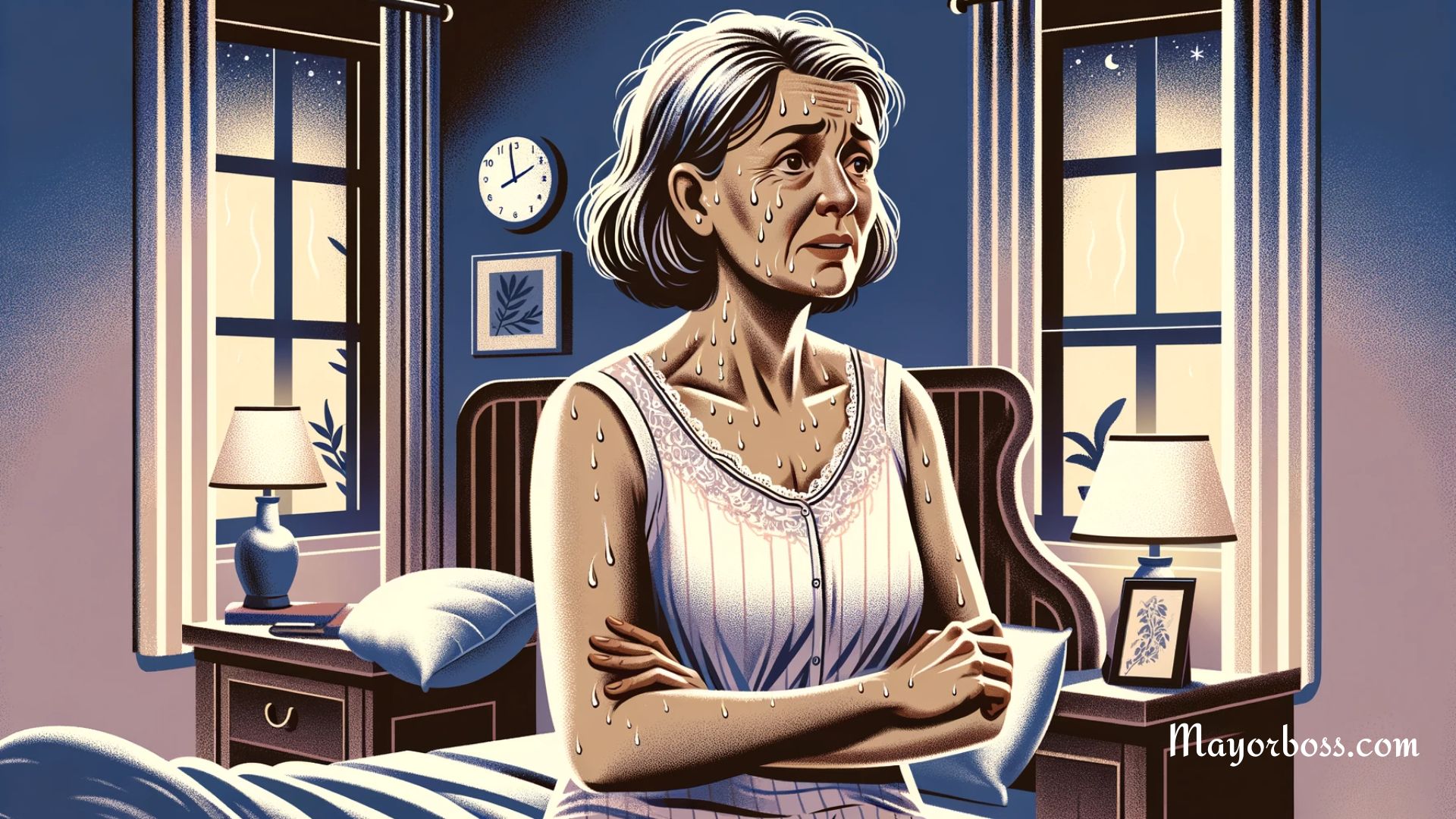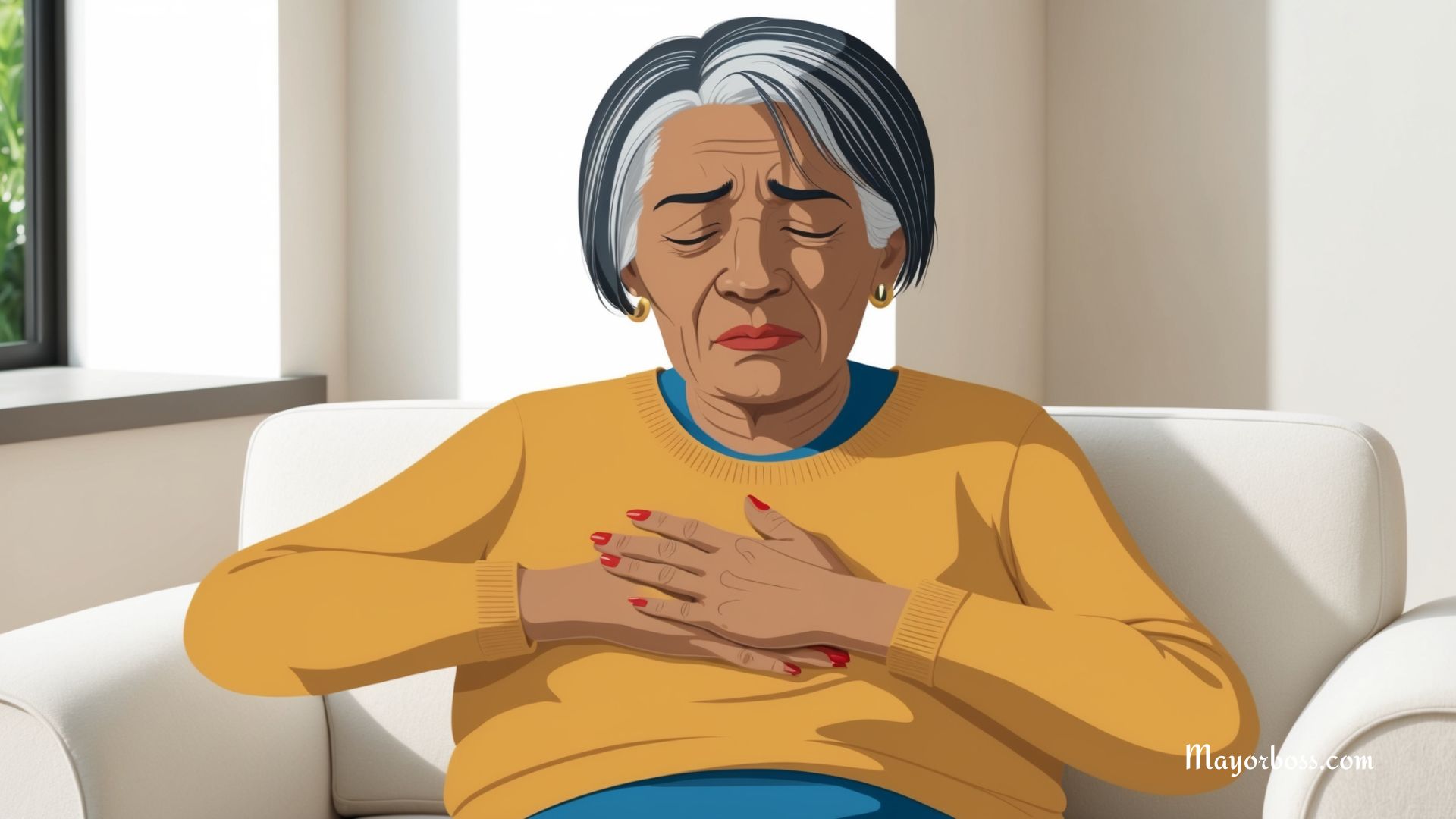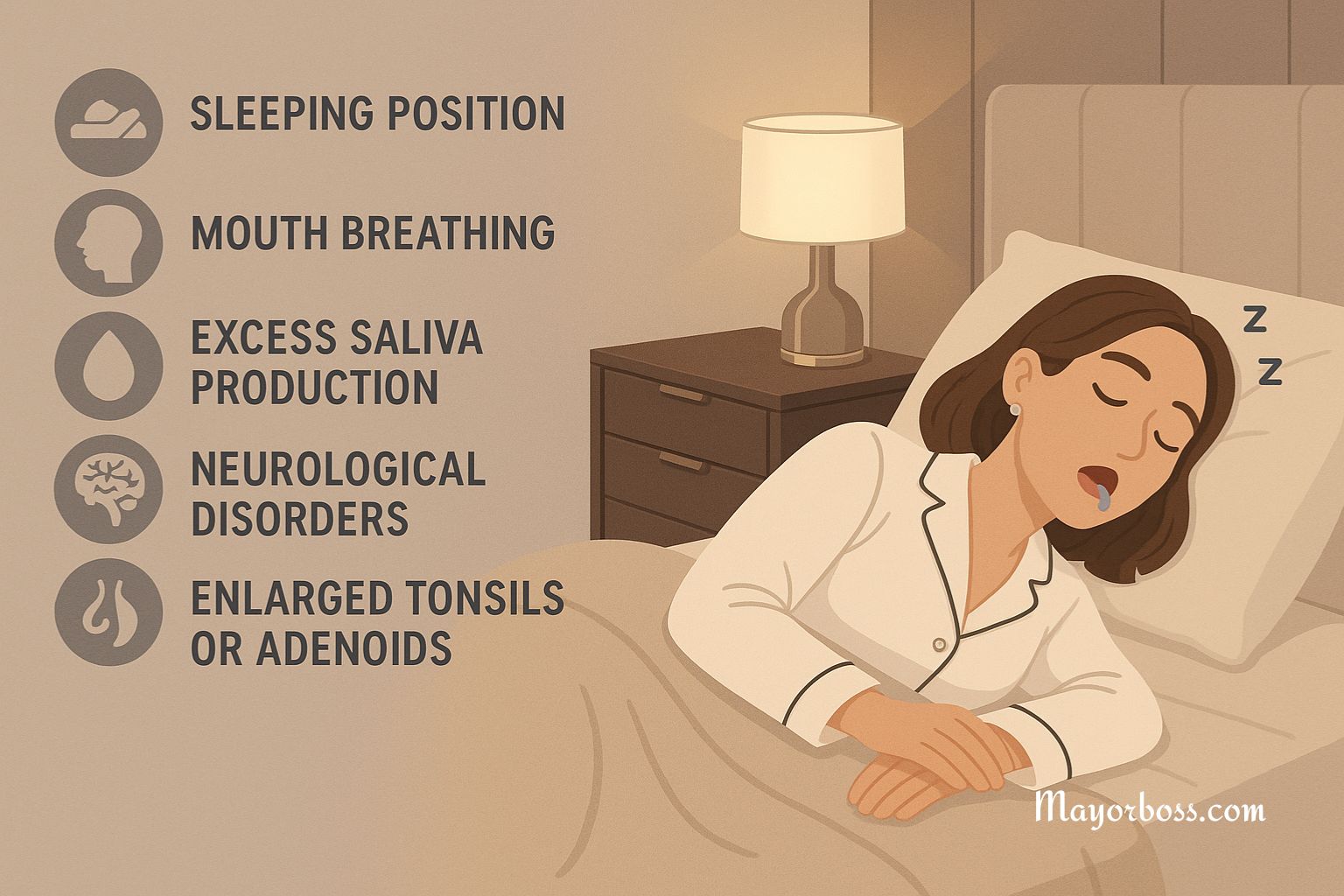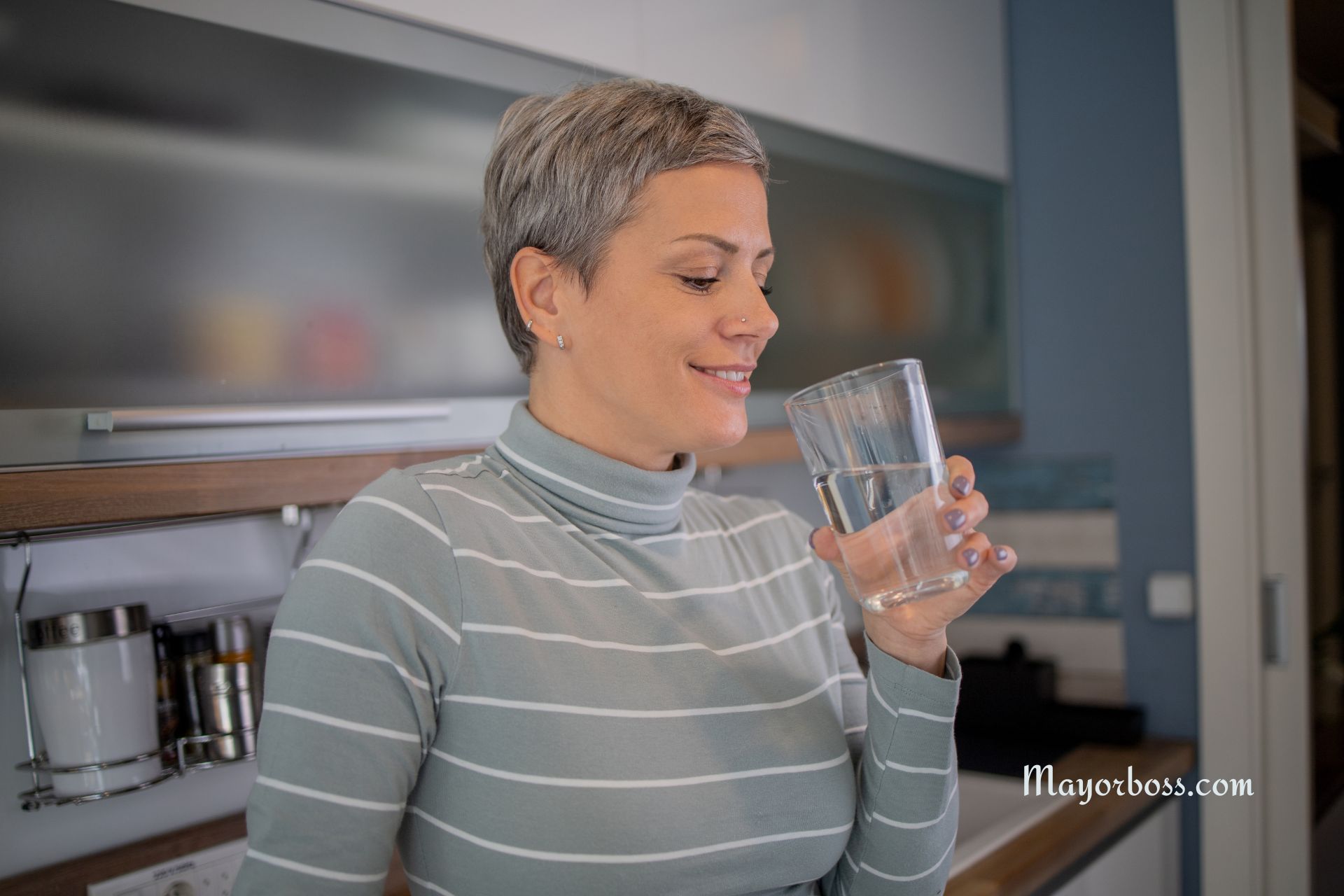Spot the Signs of Pneumonia Before It Gets Serious
Pneumonia is a lung infection that can be mild or very serious enough to put you in a clinic. It happens when the air sacs in one or both lungs fill up with fluid or pus. Knowing the signs of pneumonia early can help you get treatment quickly and avoid serious problems.
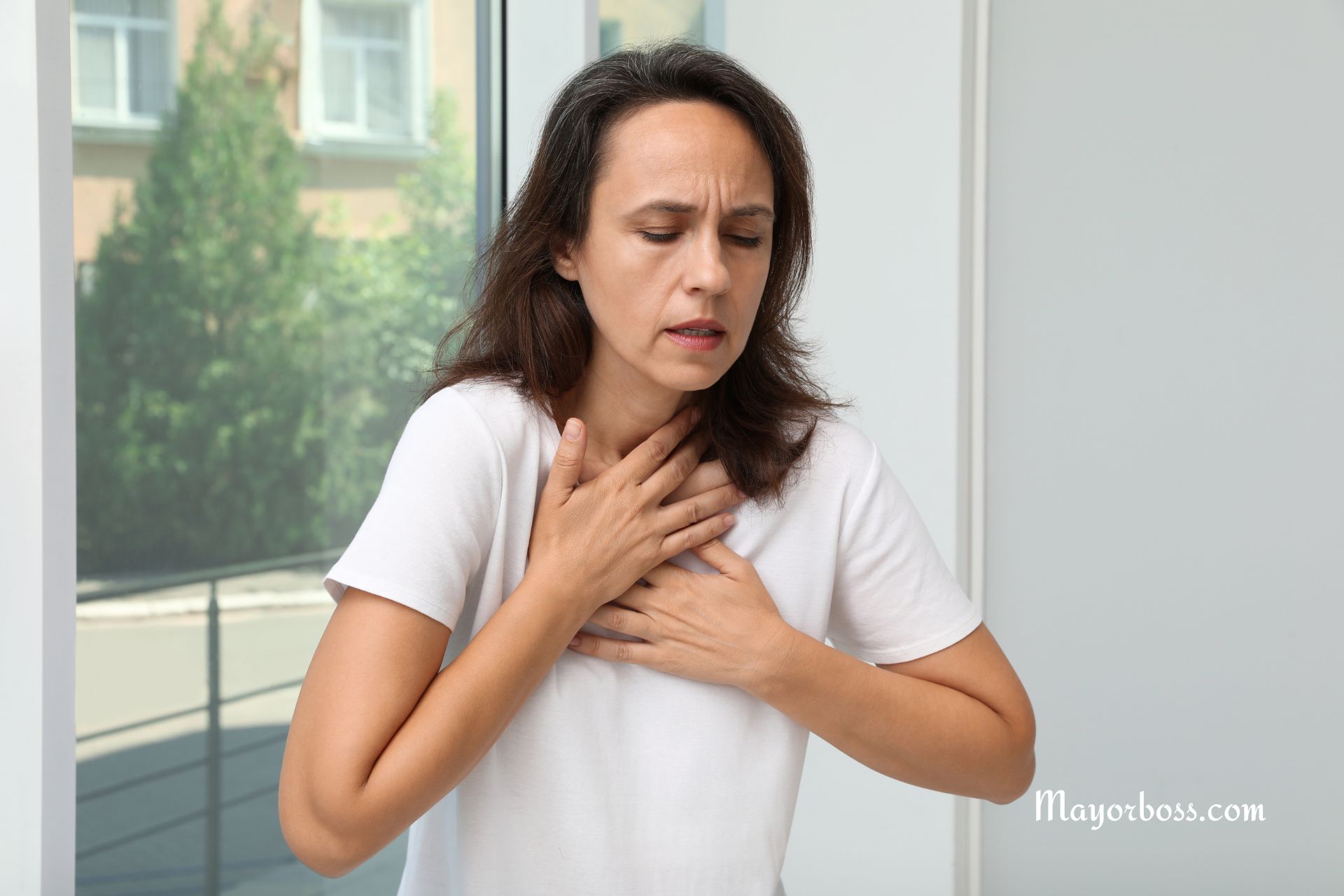
What Are the Symptoms of Pneumonia?
Pneumonia can feel like a bad cold or flu, but it’s usually much worse. Some common signs and symptoms are:
- Constant cough: You might cough up green, yellow, or even bloody mucus.
- Fever: A high temperature, often with chills.
- Trouble breathing: It might feel hard to breathe, or like you can’t get enough air, especially when moving around.
- Chest pain: Sharp pain in your chest that gets worse when you breathe deeply or cough.
- Feeling very tired: Extreme tiredness or weakness, even if you’ve rested.
- Sweating and chills: You might sweat a lot or have shaking chills.
Symptoms in Older Adults and Children May Be Different
Pneumonia symptoms can change depending on your age and health. For example:
- Older adults may feel confused or suddenly seem forgetful. This might be their only symptom.
- Babies and small children might have trouble breathing, eat less, or have bluish lips or fingernails. They may also seem less active than usual.
Stomach Problems Can Happen Too
Even though pneumonia affects the lungs, it can also cause issues like:
These aren’t as common, but they might show up along with other symptoms.
When You Should See a Doctor Right Away
If you think you might have pneumonia, it’s important to get help quickly. See your doctor if you have:
- Very bad trouble breathing
- A high fever with chills that doesn’t go away
- Chest pain that keeps getting worse
- Confusion or sudden forgetfulness
- Symptoms that come back or get worse after you start feeling better from a cold or flu
How Doctors Diagnose and Treat Pneumonia
To find out if you have pneumonia, doctors will ask about your symptoms, check your lungs, and may do tests like chest X-rays or blood work. Treatment depends on the cause. For example:
- Antibiotics are used for bacterial pneumonia.
- Antiviral medicines are used for viral pneumonia.
In very serious cases, especially for older people or those with weak immune systems, you might need to stay in the hospital.
How to Protect Yourself from Pneumonia
You can lower your chances of getting pneumonia by taking these steps:
- Get vaccinated: Shots like the pneumococcal vaccine and yearly flu vaccines can help prevent some types of pneumonia.
- Stay clean: Wash your hands often and stay away from sick people.
- Be healthy: Eat nutritious food, exercise, and get enough sleep to keep your immune system strong.
If you or your child shows signs of pneumonia, don’t wait for it to get worse. Contact your doctor right away.

